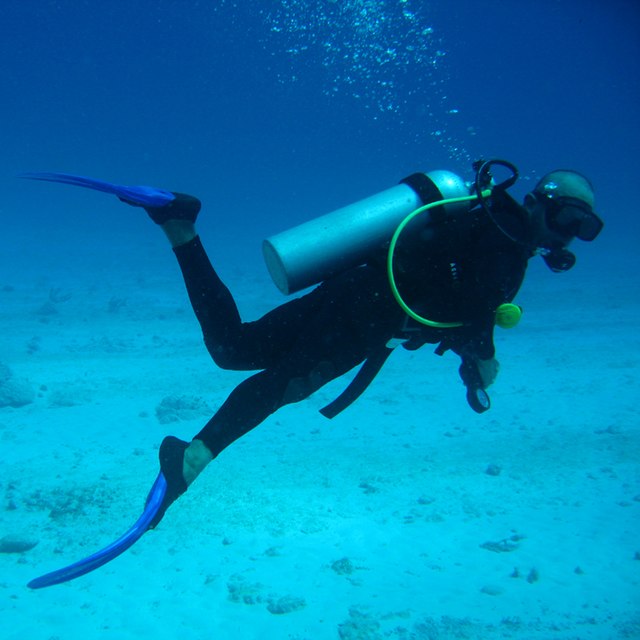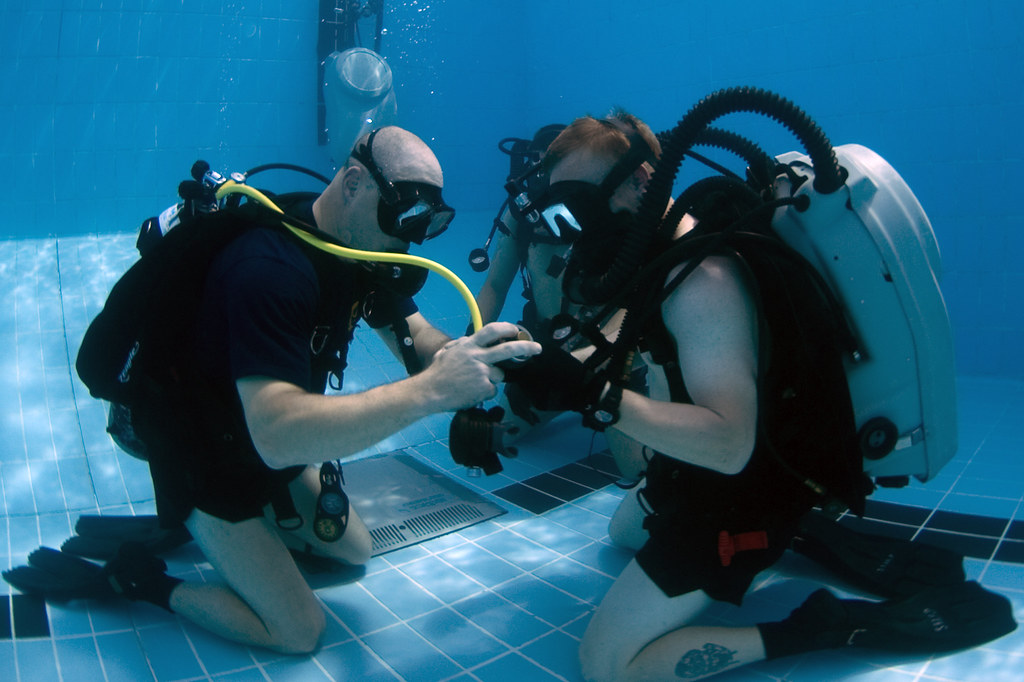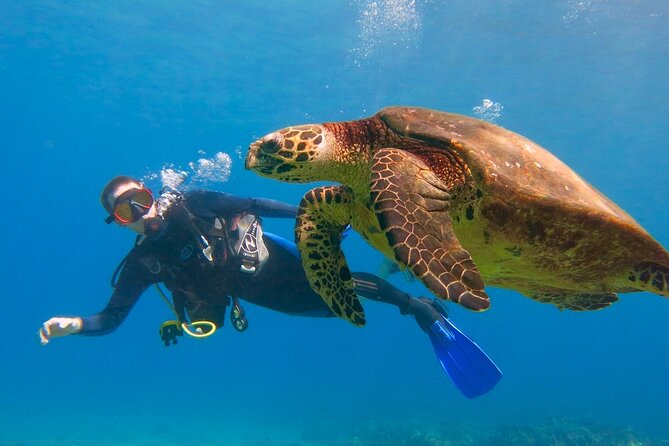
Your body size, muscle mass and lung capacity will all impact the size of your diving breath. You must always breathe throughout the dive. Do not skip breathing. Skip breathing is dangerous and counterproductive. It's a violation of the golden rule that scuba divers follow: Always breathe. Skip breathing increases the CO2 level and your breathing reflex. You will exhale more than you need. This article will explain how to conserve air if you have trouble breathing underwater.
Scuba breath is determined by size, muscle mass, lung size, and other factors.
Divers need to breathe a lot. The amount of air a diver needs depends on several factors, including size and muscle mass. Along with size, lung volume and the length the thorax plays an important role. Because it determines how much air a diver can inhale, the size of the lung plays a crucial role. If all these factors are equal, a diver with the same equipment will breathe less air than someone who has the same lung size and equipment.

Ascension to the Surface
Slow, steady ascent to the surface requires a scuba breathe. In order to prevent the pressure in the tank from dropping too far, it is essential to periodically vent air from the BCD. Divers use a dive computer to determine how far they need to go to reach the top. These computers give a diver valuable information on how far they have descended and the recommended ascent rate.
Nitrogen narcosis
It is important to be familiar with the dangers of nitrogen narcosis if you want to dive. Avoid diving to depths that exceed your ability and maintain a relaxed attitude. If you suffer from this problem, it is important to avoid drinking alcohol for at most 24 hours before you dive. Safe diving habits such as low work effort and buoyancy can help to avoid this problem. Also, you should not go deeper than your training allows.
Buoyancy compensator (BC)
The buoyancy compensationator is a device that gives divers additional buoyancy while underwater. There are two types: one uses a weight belt and the other uses both a bladder with casing and a bladder. The bladder holds the gas which can be added or released during the dive. The BC has an injector that pumps gas from the regulator's first stage into it. Some models include an oral inflation option. Others have a spring-loaded, manual valve that controls the flow of gas.
Relaxing underwater
Many benefits can be gained from practicing relaxation while diving. For starters, a relaxed state is conducive to brain function. Breathing during a dive can help the diver stay calm. Observing fish and other sea creatures is relaxing and it can be heightened when the tank is ocean-sized. You can also breathe deeply and concentrate on your breathing. Relax underwater using your scuba breath. You can also meditate on your senses.

Use the 4-to-6 method
It is a great way to learn how you can breathe underwater. You can experiment with different breathing techniques to see which one works best for you. A higher nitrogen/oxygen ratio can help reduce the tank's overall weight. But this method only works if the person is able to inhale consciously. Breathe slower than usual to reduce anxiety.